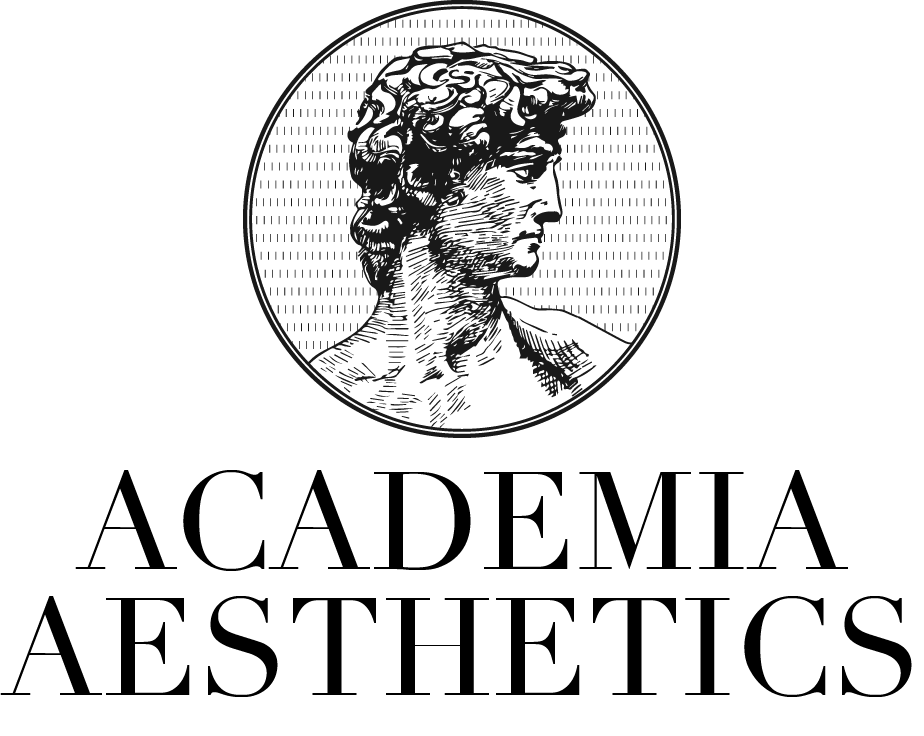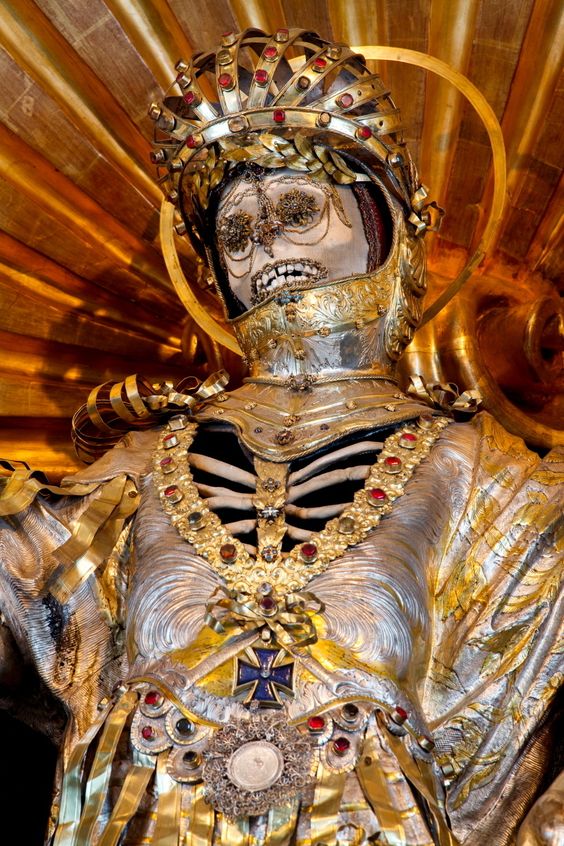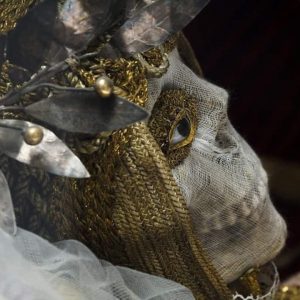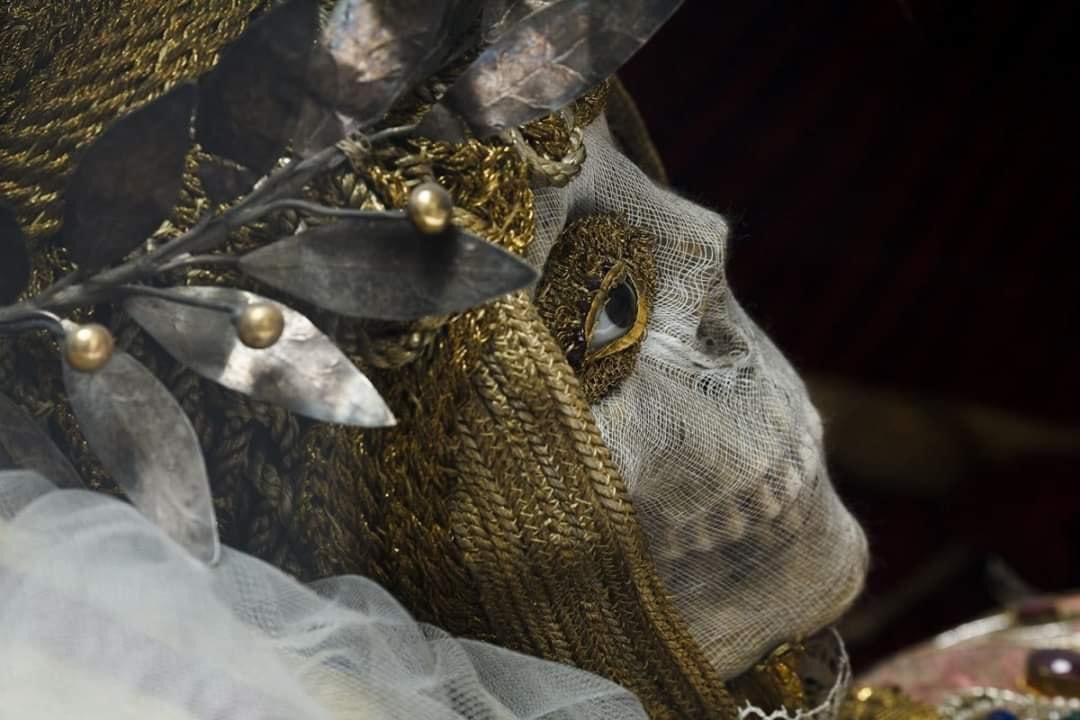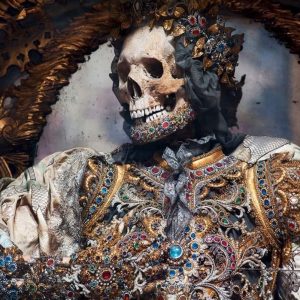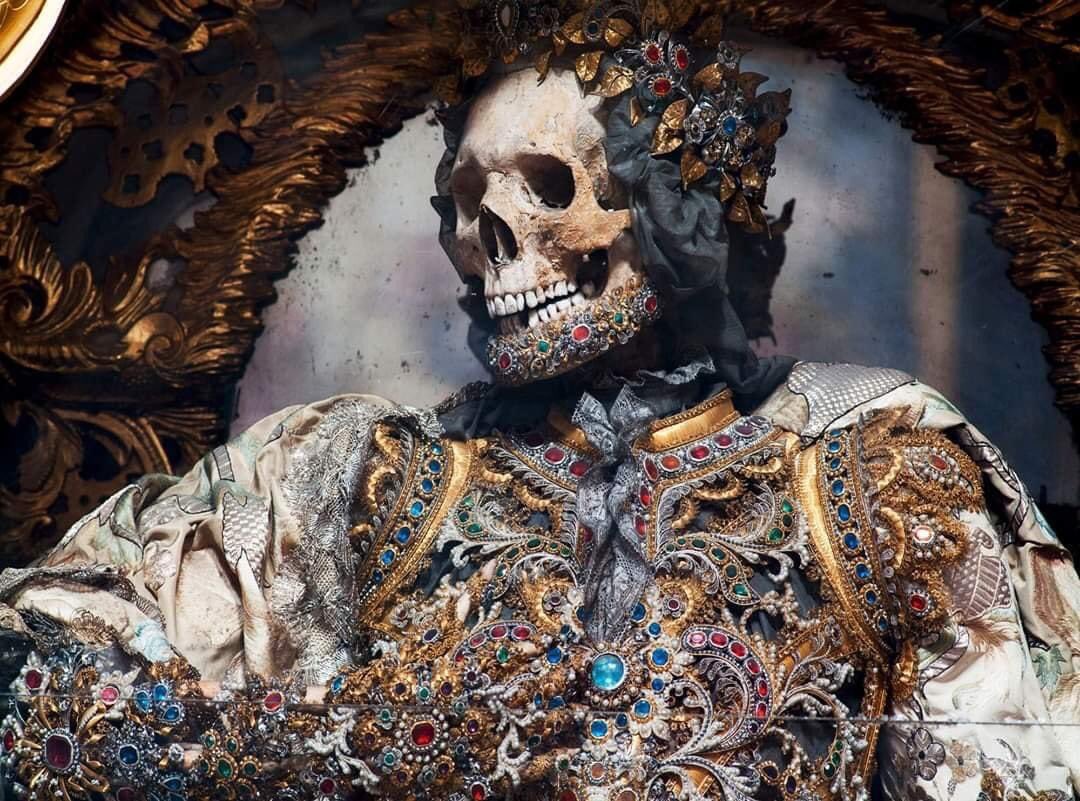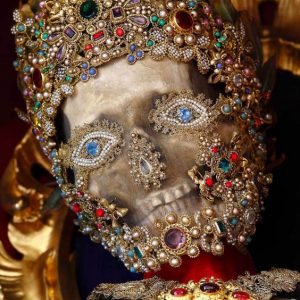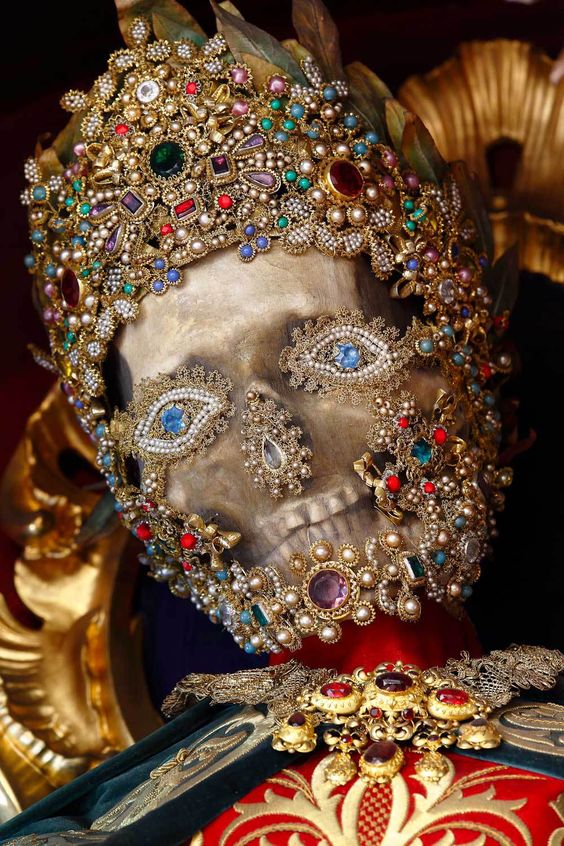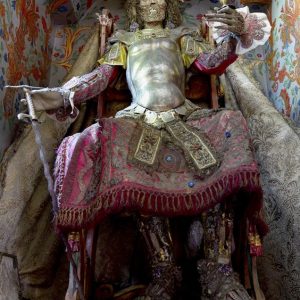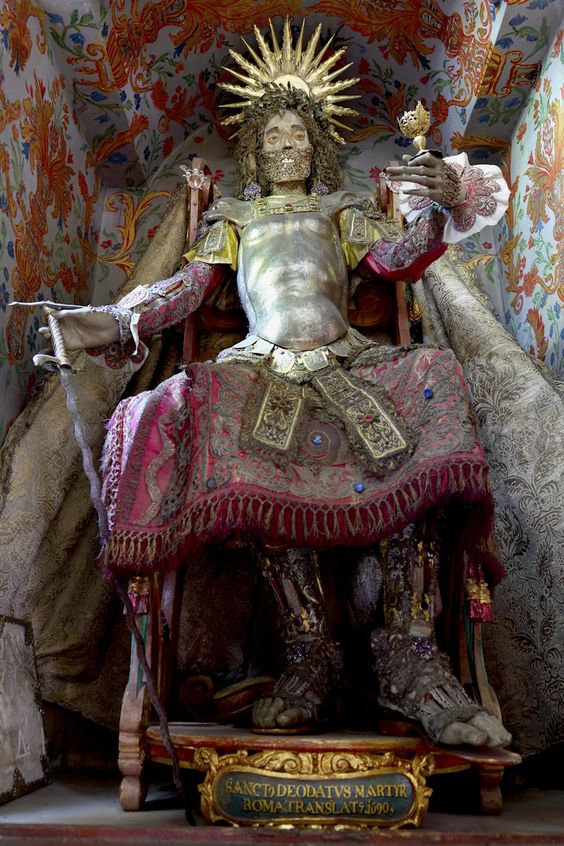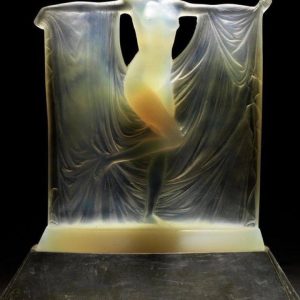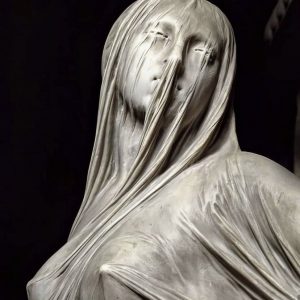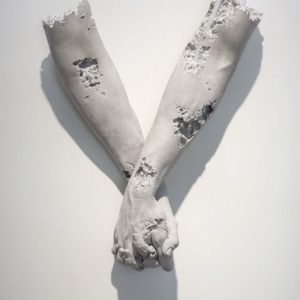Saint Maximus the Confessor, also known as Maximus the Theologian, was a prominent Christian theologian and philosopher who lived in the 6th and 7th centuries. Born in Constantinople, he hailed from a noble family and received an exceptional education. Despite a successful secular career, he chose to devote his life to Christian asceticism and theology.
Maximus is renowned for his theological writings and his defense of orthodox Christian doctrine, particularly in the Monothelite controversy, where he argued that Christ had both a divine and a human will. His staunch advocacy led to persecution, exile, and harsh treatment.
He authored numerous theological works, with “Ambigua” being his most famous, and his contributions to Christology continue to influence Christian theology. Saint Maximus the Confessor is a revered figure in the Eastern Orthodox Church and the Roman Catholic Church, celebrated on January 21st and August 13th, respectively. His legacy endures through his enduring impact on Christian theology and philosophy.
Paul Koudounaris is a photographer who investigates and documents religious phenomena, specifically church ossuaries, charnel houses, and shrines. His book, “Heavenly Bodies: Cult Treasures and Spectacular Saints from the Catacombs” showcases the bejeweled skeleton of Saint Maximus and other saints from Catholic mysticism in a delightful, must-read photographic journey.
Find out more about the Bejeweled Skeletons of Catholicism here.
Read more about the Eastern Orthodox Church and St. Peter’s Church.
